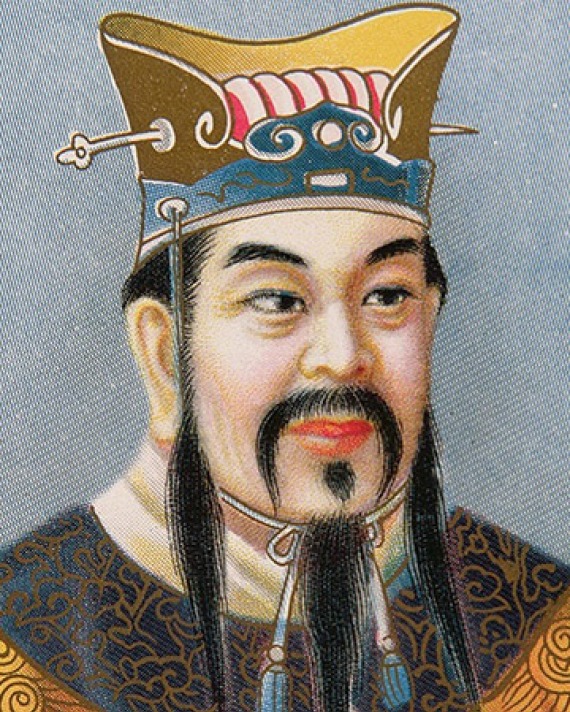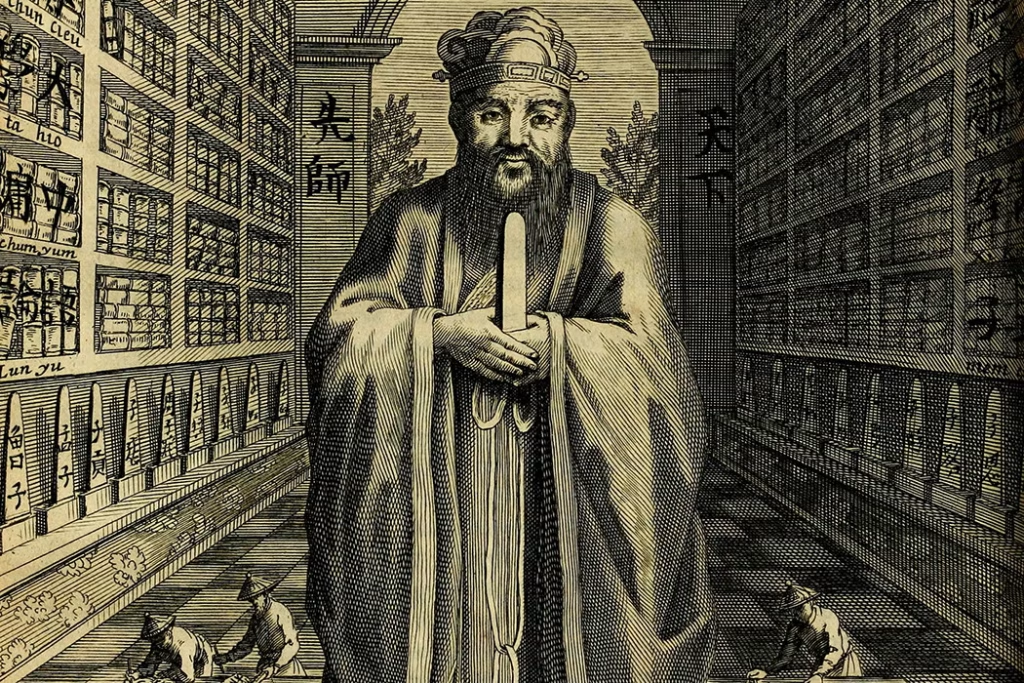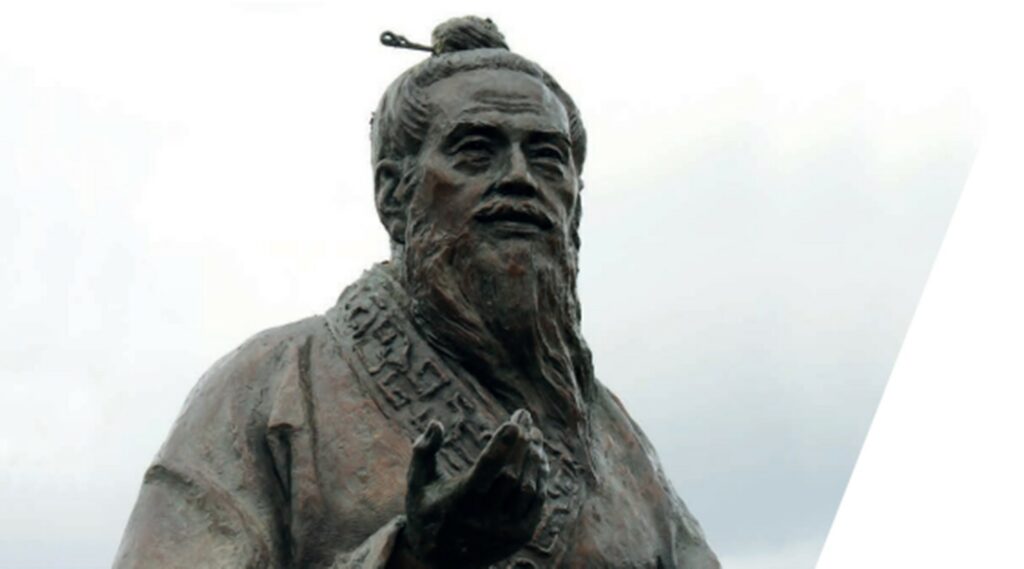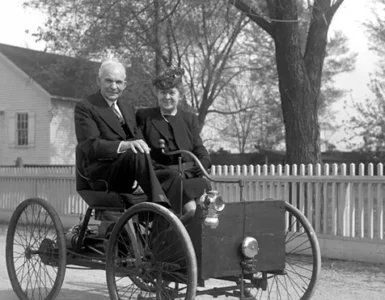A Life That Shaped History
Confucius, known as Kong Fuzi in his native Chinese, lived over 2,500 years ago, yet his words continue to echo in classrooms, governments, and personal philosophies across the world. Born in 551 BCE in the state of Lu—what is now Shandong Province—he rose from a modest background to become one of the most important thinkers in history. Though he never considered himself a prophet or founder of a religion, his ideas became the foundation for Confucianism, a philosophy that deeply influenced not just China, but many neighboring cultures as well.

Practical Wisdom for Everyday Living
What makes Confucius unique is how practical his wisdom remains. Unlike mystical philosophies or doctrines focused on the afterlife, Confucianism deals with everyday human behavior. Instead of asking people to remove themselves from society, it urges them to participate fully—just more mindfully and morally.
The Core Value: Ren
At the heart of Confucian thought is ren, often translated as humaneness or benevolence. Rather than being a lofty or unattainable ideal, ren is something anyone can practice in daily life. Holding the door for someone, speaking respectfully to a parent, or acting kindly even when no one is watching—these are all expressions of ren. Confucius believed that cultivating this quality was the key to becoming a better person and creating a more harmonious world. However, that wasn’t the only virtue he emphasized.
The Role of Ritual and Respect
Closely tied to ren is li, which refers to ritual, manners, and appropriate behavior. While it might seem formal or old-fashioned today, li plays a crucial role in Confucian ethics. Not because rituals are sacred in themselves, but because they create structure. Much like saying “please” and “thank you” can change the tone of a conversation, li helps people navigate complex relationships and maintain social harmony. In Confucius’s view, knowing how to act is just as important as knowing what to feel.
Family as Society’s Foundation
Another essential principle is xiao, or filial piety. Respect for one’s parents and elders isn’t just about obedience; it’s also about gratitude and maintaining a connection with one’s roots. Confucius saw the family as the foundation of society. If people couldn’t maintain respect and kindness at home, how could they be expected to contribute positively to their communities or governments?
Righteousness and Reflection
Still, Confucianism isn’t simply a list of dos and don’ts. One of its most powerful aspects is how much it values introspection. For instance, the virtue of yi, meaning righteousness, asks people to consider not what is easy or beneficial, but what is right. This internal compass—guided by education and reflection—is what Confucius believed separated a “superior person” from someone who merely follows orders or seeks personal gain.

Learning for All
Speaking of education, Confucius was ahead of his time in many ways. He taught that learning shouldn’t be limited to the elite, which was a radical idea during his era. Regardless of social background, anyone willing to learn and improve themselves deserved access to knowledge. This inclusive approach made him a beloved teacher, and it explains why education became a cornerstone of Confucian societies. His famous quote, “By three methods we may learn wisdom: first, by reflection, which is noblest; second, by imitation, which is easiest; and third by experience, which is the bitterest,” shows his belief in lifelong learning.
Leading with Integrity
Although Confucius held various government positions during his life, he ultimately believed that moral integrity mattered more than political power. In fact, he often criticized rulers who governed through fear or manipulation. Instead, he promoted the idea that leaders should lead by example. If a ruler is just, virtuous, and fair, the people will naturally follow. Conversely, when a leader is corrupt, the decay spreads from the top down. This concept still resonates today, especially in discussions about ethical leadership and public service.
Beyond ethics and politics, the wisdom of Confucius also offers guidance for personal development. In many ways, he was one of the earliest advocates of emotional intelligence. He urged people to control their tempers, think before they act, and reflect on their actions. One of his most famous teachings encourages self-awareness: “When you see someone of worth, try to match their excellence. When you see someone lacking in virtue, examine yourself.”
Confucius and Personal Growth
In business and interpersonal relationships, Confucian principles are also deeply embedded—particularly in many Asian countries. The concept of guanxi, or building strong personal connections, echoes Confucian values around trust, loyalty, and mutual respect. Unlike Western models that often prioritize contracts and individual gains, Confucian-influenced societies tend to focus more on relationships and long-term harmony.
Modern Applications in Society and Business
Despite being centuries old, Confucianism hasn’t disappeared into the past. In fact, its influence can be seen today in education systems that emphasize discipline and respect for teachers. It shows up in policies that encourage merit-based promotions and public service grounded in ethics. Even in families around the world, values like honoring parents, prioritizing education, and acting with integrity often stem—consciously or not—from Confucian ideals.
Still Relevant Today

Moreover, modern self-help philosophies often echo Confucius without even naming him. Ideas about continuous improvement, mindfulness, and intentional living all have roots in his teachings. Take this quote, for example: “It does not matter how slowly you go as long as you do not stop.” It’s a reminder that progress isn’t always fast, but perseverance matters more than speed.
Echoes in Self-Help and Modern Thinking
So why does Confucius remain relevant in such a fast-changing world? Perhaps it’s because human nature doesn’t change as quickly as technology. We still struggle with the same questions: How should we treat others? What makes a good leader? How can we live a meaningful life? Confucius didn’t offer easy answers, but he gave us tools—virtue, self-discipline, education, reflection—to help us find our own.
A Quiet Legacy That Speaks Loudly
In an era filled with noise and instant gratification, the quiet, thoughtful wisdom of Confucius can feel like a breath of fresh air. He didn’t promise success or miracles, but he believed in the power of small, consistent actions to create a better self and, by extension, a better society.
Even now, thousands of years later, his teachings continue to light the way for individuals seeking purpose, balance, and wisdom. As the world grows more complex, the simple truths he taught remain surprisingly powerful: be kind, respect others, learn constantly, and strive to do what is right—even when it’s not easy.





Add comment